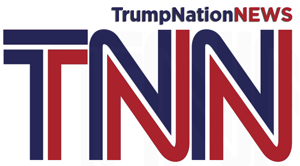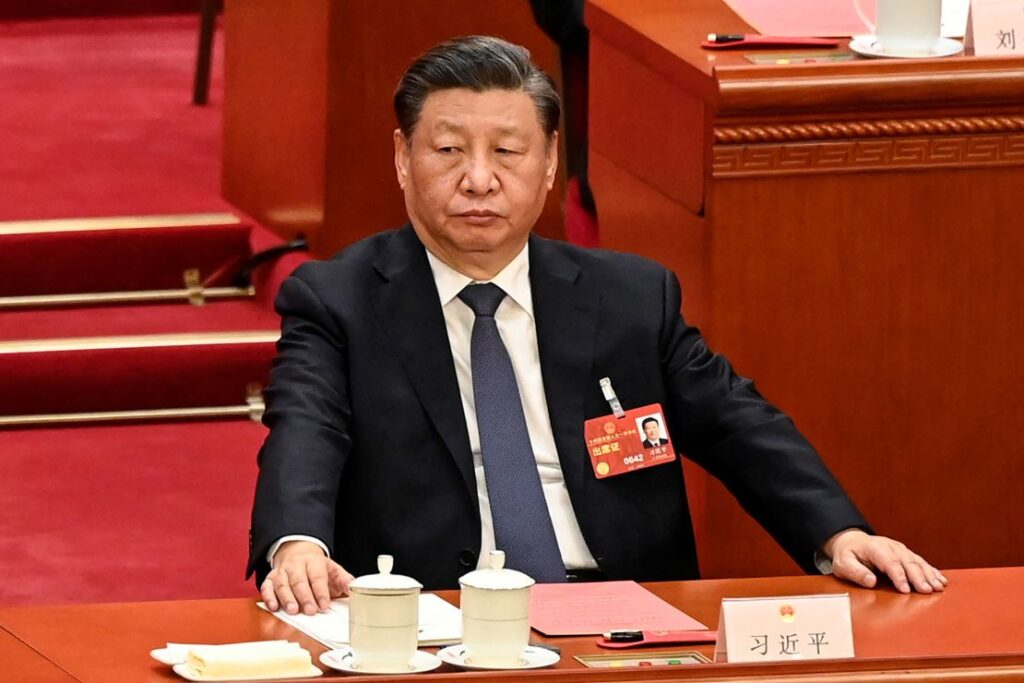Written By Steven Richards, Just The News
As Beijing and Washington meet this weekend in Switzerand for trade talks, the Chinese economy is in more significant distress than is widely reported. The country is facing heightened pressure from an ongoing property crisis, protests, and a general economic downturn, in part because of recent U.S. tariffs.
U.S. Treasury Secretary Scott Bessent is holding meetings with senior Chinese Communist Party Politburo member, Vice Premier He Lifeng, China’s top economic official, in the Swiss capital of Geneva this weekend. The two are likely to discuss the ongoing trade war that erupted after President Donald Trump imposed sweeping 145% tariffs on China after a tit-for-tat exchange last month.
The Chinese Communist Party and its leader, Xi Jinping, have publicly expressed confidence in Beijing’s ability to weather the tariff storm and have urged the Chinese people to be unified in the face of the challenge to its economy.
Opacity in market information
However, in an era when Chinese economic data is being increasingly concealed by Xi’s regime, there are still significant publicly available warning signs that the Chinese model is under severe strain, the tariffs being only the latest amplifier.
“Their economy is actually in distress,” Gordan Chang, a lawyer and China commentator who lived and worked in Shanghai and Hong Kong for decades, told the Just the News, No Noise TV show on Tuesday. “They reported 5.4% growth for the first quarter, but when we look at underlying indicators, it looks more like zero. And we know the direction, which is down,” he said.
Though China has become increasingly secretive with its economic data, available price data for February and March “indicate the Chinese economy is in a deflationary spiral that’s very hard to get out of,” Chang said. In those two months, China’s consumer price index fell by 0.7% and 0.1%, respectively, contrary to growth projections. This has been described by some researchers as the prelude to a deflationary spiral, which would “lead to lower production, falling wages, and rising unemployment.”
“And we also see some other numbers that look like China was actually contracting during the period. So for instance, tax receipts were down 3.5% that’s not consistent with robust growth,” he added. “So we’re seeing an economy that is being hit by the tariff dispute at a time when it is in trouble.”
Economists have long harbored doubts about the reliability of China’s economic numbers, but under President Xi, the Chinese government has stopped publishing hundreds of data sets previously used to calculate the health of China’s economy, the second largest in the world. In recent years, government ministries have stopped producing statistics on land sales, foreign investments, unemployment figures, and cremation rates.
In February of last year, Chinese President Xi Jinping signed an order to formally adopt revisions to a law on “Guarding State Secrets,” according to state media, CNBC reported. That national security law was broadened to conceal unclassified information, which economists say could easily sweep economic data and information into the dark corner of “state secrets.” The cable network also quoted Jeremy Daum of
Yale Law School’s Paul Tsai China Center, who explained that “For foreign businesses, it’s the lack of clarity that will remain an unquantified risk to doing business in China.”
The US-China Business Council notes that penalties for disclosing whatever is deemed a state secret range from three years’ imprisonment to the death penalty.
Read Full Article Here.















